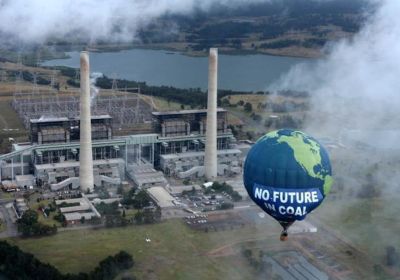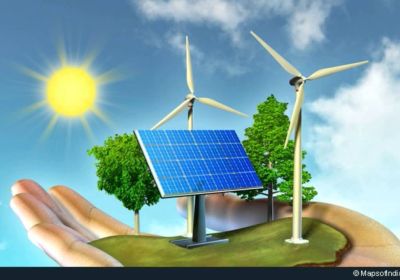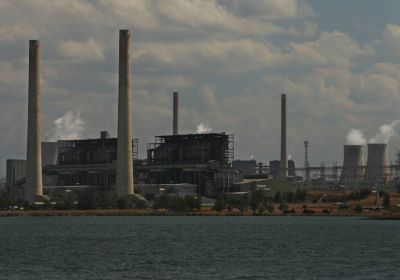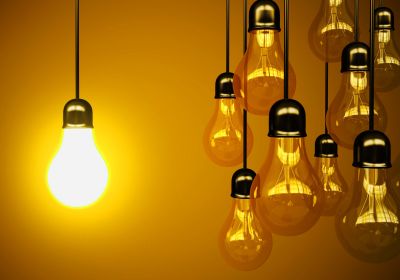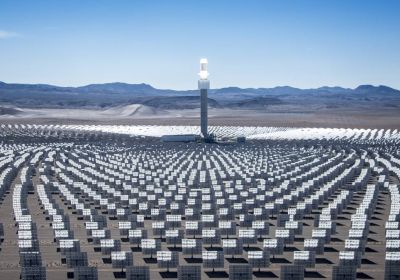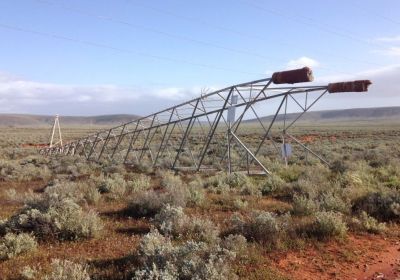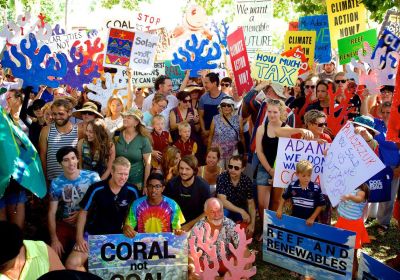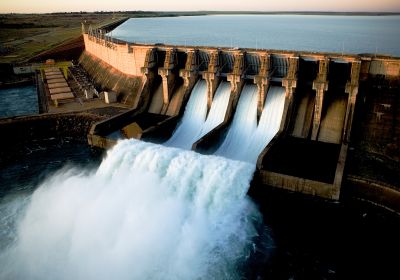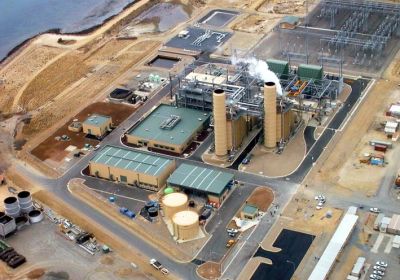-
-
-
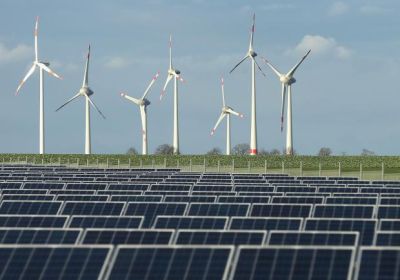
Victoria became the first state to have a Renewable Energy Target (RET) written into law on October 20. The Victorian RET has been set at 25% renewable energy by 2020, and 40% by 2025.
-
-
-
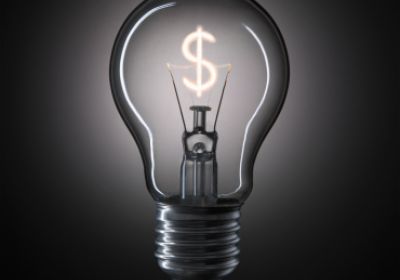
Power and gas prices are set to rise by a huge 16–19% on July 1, bringing a profit bonanza to the big three electricity companies — AGL, Origin and Energy Australia.
-
-
-
-
-
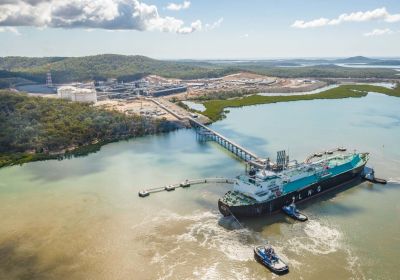
According to the Australian Energy Market Operator (AEMO), electricity supply will be threatened as early as next year by “shortfalls in gas”, or failing that, households may face cuts to their gas supply.
-
Renewable energy
Renewable energy
